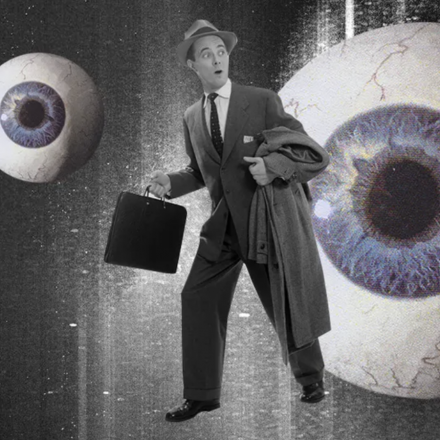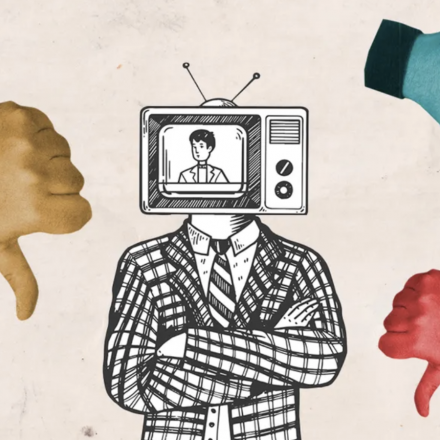Conspiracies are like jelly – try as you might, you just can’t nail them to the wall. Each new exposure or factual disproof doesn't weaken a conspiracy theory; it strengthens it, making it nearly invincible. And it’s not about facts – it’s about the very logic behind how conspiracy theories work. As soon as you start disproving one, it only grows, taking on more complex forms to survive.
How Does the Shield of a Conspiracy Theory Work?
A fundamental feature of conspiracy theories is their immunity to evidence. If it’s built around some "hidden powers" allegedly controlling the world, any debunking attempt becomes... yet another conspiracy! Naturally, any exposure is simply an attempt to confuse the public, distract from the truth, and conceal reality. Thus, every fact against the conspiracy is turned into a fact supporting it. Absurd? Perhaps. But it’s very convenient for the theory.
The “Double-Edged” Conspiracy – Why Does it Work This Way?
Once someone has “seen the light” and believes in something hidden or forbidden, their mind filters all facts through this lens. Conspiracy theories are like a double trap: if something looks like a conspiracy, then it’s a conspiracy. If it doesn’t look like one – well, the conspiracy must exist, for that’s how “they” stay in the shadows. This simple yet powerful principle fuels many modern myths, from the flat Earth to reptilians in government.
Why Are Conspiracies So Convenient and Appealing?
Conspiracy theories give people “insider” information, creating the illusion that they know something hidden from everyone else. It’s a kind of psychological shield – the feeling of power and certainty that nothing happens randomly in the world. And the society around us becomes much less interesting when all intrigue and mystery vanish. In such a world, nothing is coincidental, and every failure is explicable because everything was predetermined. Psychologically, it’s easier to believe this than to accept the randomness of reality.
What to Do: Accept or Challenge?
Of course, one can endlessly argue and accuse conspiracy theorists of their “supersensitivity.” But a sensible approach is simply to accept that conspiracy theories will always exist. They serve an important social function, helping people avoid being overwhelmed by reality and always offering an alternative explanation.
So next time someone tells you a new “truth” that’s “hidden from everyone,” just remember: every conspiracy is valid only as long as it can’t be disproven. And if it can’t be disproven, perhaps it exists only in our minds?


















